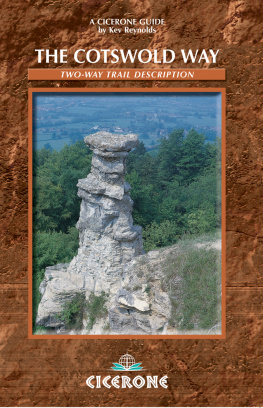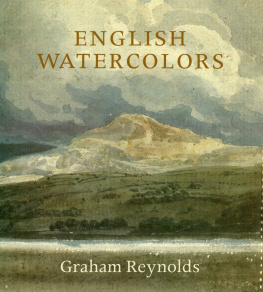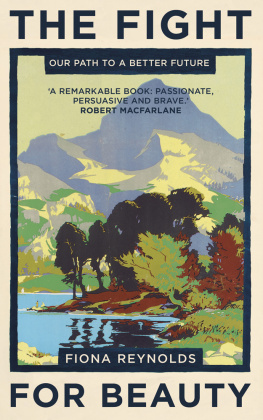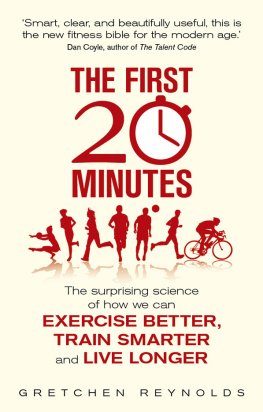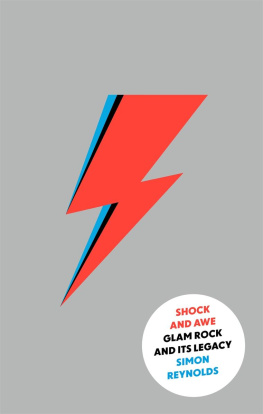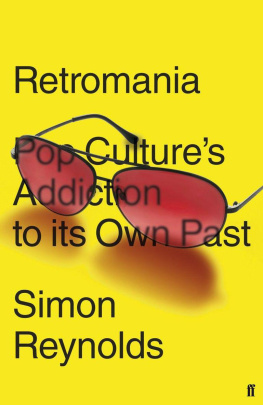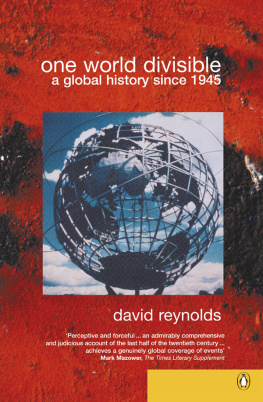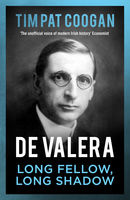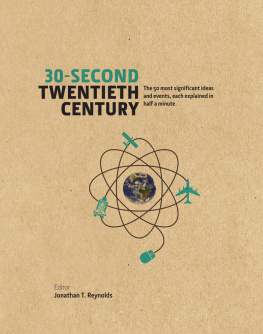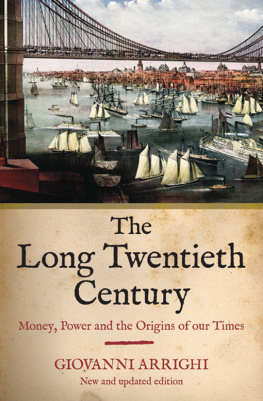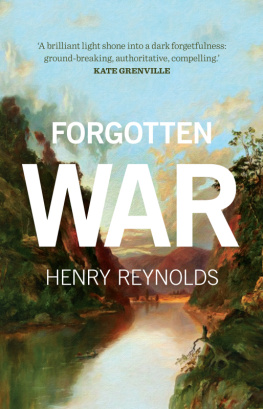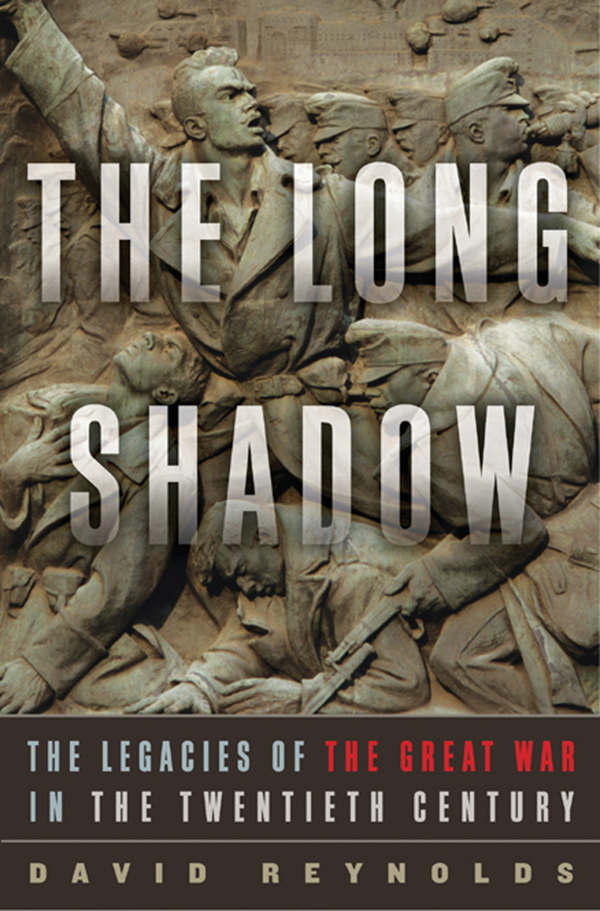
The genesis of this book goes back over a decade, to a conference paper I gave at Kings College, Cambridge, in 2002 about how the discourse of the first world war and the second world war developed in various countries. The arguments outlined there formed the embryo of this book and I am grateful to the conference organizers, Richard J. Evans and Emma Rothschild, for the opportunity they provided. More recently I have been able to try out some of my ideas at various seminars and conferences, including Sciences Po in Paris (Maurice Vaisse), the European Academy in Berlin (Andreas Etges), the Boltzmann Institute in Graz, Austria (Stefan Hauner and Barbara Steltz-Marx), and Deakin University, Melbourne (David Lowe).
I am especially grateful to friends and colleagues who commented on the whole manuscript, notably John Thompson and Zara Steiner, or who discussed some of the chapters and the ideas behind them, particularly Chris Clark, Martin Daunton, Niamh Gallagher, and Meike Wulf. The title I owe to Janice Hadlow. I have also learned a great deal from my colleagues on the Imperial War Museums Academic Advisory Committee for the new First World War galleries: Hew Strachan, David Stevenson, Dan Todman, and Deborah Thom. Their scholarly work and that of Jay Winternot least his Humanitas Lectures in Cambridge in 2012have been essential foundations for my endeavors. Both James Taylor and James Wallis at the IWM have helped with various inquiries. The research could not have been conducted without the wonderful Cambridge network of libraries: the University Library, a copyright depository where, uniquely, one can borrow and browse; the Seeley Library in the History Faculty; and the library of Christs College. As usual, my family has been supportive, tolerant, and impatient in appropriate measures: thank you Margaret, Jim, and also Emma. Some of Margarets photos of the Western Front appear in the illustrations.
Particular thanks to my editor, John Glusman, and my agent, Peter Robinson, both for reading the draft and for much helpful advice, and to Cecilia Mackay for the photo research. Also to Irene Skolnick in New York and the production staff at W. W. Norton, especially Jonathan Baker and copyeditor Rachelle Mandik.
It seems customary for British historians of my generation to dedicate books about the Great War to the memory of soldierly grandparents. Both of my grandfathers did not fight, being in reserved occupationsHenry Reynolds in the postal telegraphy service in London and Jim Kay as a patternmaker for Mather & Platt, the great engineering firm in Manchester. But for a book intended to shift our view of the Great War out of the trenches, these two men seem rather apt dedicatees.
Efforts have been made to contact every copyright holder for material contained in this book. If any owner has been inadvertently overlooked, the publisher would be glad to hear from them and make good in future editions any errors or omissions brought to their attention. Permission to quote from material still under copyright has been granted by the following:
The Society of Authors as the Literary Representative of the Estate of Laurence Binyon.
Verses written during the Second World War, by Hugh MacDiarmid, from Complete Poems, vol. 1 (1994), by kind permission of Carcanet Press Ltd.
Hugh Selwyn Mauberley, from PERSONAE 1926 by Ezra Pound. Reprinted by kind permission of New Directions Publishing Corporation.
Oh What a Lovely War by Joan Littlewood and the Theatre Workshop, by kind permission of the Sayle Literary Agency.
Simplify Me When Im Dead, taken from The Complete Poems Estate of Keith Douglas and reprinted by kind permission of Professor Desmond Graham and Farrar, Straus and Giroux.
Little Gidding and The Waste Land, taken from The Complete Poems and Plays of T. S. Eliot Estate of T. S. Eliot and reprinted by kind permission of Faber & Faber Ltd and Farrar, Straus and Giroux.
MCMXIV, taken from Collected Poems Estate of Philip Larkin and reprinted by kind permission of Faber & Faber Ltd and Farrar, Straus and Giroux.
Last Post taken from Carol Ann Duffy, The Bees Carol Ann Duffy 2011. Reproduced by kind permission of the author c/o Rogers, Coleridge & White Ltd., 20 Powis Mews, London.
The Prussian Junker is the road-hog of Europe... If we had stood by when two little nations were being crushed and broken by the brutal hands of barbarism our shame would have rung down the everlasting ages.
DAVID LLOYD GEORGE, 19 September 1914
All well-defined national aspirations shall be accorded the utmost satisfaction... without introducing new, or perpetuating old, elements of discord and antagonism that would be likely in time to break the peace of Europe and consequently of the world.
WOODROW WILSON, February 11, 1918
D uring the Paris peace conference, the American president and his wife were housed in the Htel du Prince Murata splendid nineteenth-century palace in the rue de Monceau, full of mementoes from the era of Napoleon. Edith Wilson retained vivid impressions of the red, white, and blue sentry box at the gate, the great sweep of the stairs and the liveried lackeys in attendancelamenting in her memoirs that if only some of the costs of this sort of useless attention could be diverted to those who stand in need of the necessary things of life, this would be a better world. Nor did she forget once entering one of the grand salons to find her husband and his advisers on hands and knees on the floor. They were poring over huge maps of Europe, trying to work out its new frontiers. You look like a lot of little boys playing a game, she laughed. The president turned to her gravely. Alas, it is the most serious game ever undertaken, for on the result of it hangs, in my estimation, the future peace of the world.
Wilson and his fellow statesmen at Paris in 1919 have often been blamed for creating the mess of postwar Europe, but in reality, the problems were already beyond their control. Never had the map of Europe been redrawn so dramatically. The crisis of 191718 destroyed the great dynastic empires that had ruled central, eastern, and southeast Europe for centuriesthe Romanovs, Habsburgs, Hohenzollerns, and Ottomans. In August 1914, Europe contained only three republics (Switzerland, France, and Portugal); by the end of 1918 there were thirteen. One of them was Germany itself, where the Kaiserreich had been shattered by defeat and revolution. The other nine were states that did not even exist at the start of the war, among them Czechoslovakia, Poland, and Yugoslavia.
The challenge was to combine independence with interdependenceas Wilson put it on February 11, 1918, to promote national aspirations within a framework of peace and order. But to achieve such goals at the end of the Great War would have required an alchemist, not a statesman. Fractious new multinational states were cobbled together on the ruins of empire, often through brutal paramilitary violence. Their fragility would destabilize the Continent for much of the twentieth century.
The United Kingdom of Great Britain and Ireland was also an empire, albeit on a small scalecreated by centuries of expansion by Englandand it did not escape this tornado of empire breaking and nation building. The Irish experience of the Great War had many similarities with events on the Continent. Ravaged by brutal violence, Ireland shattered into two rival states, one fiercely independent, the other sheltering within the UK. But in England, Wales, and Scotland the conflict generated a renewed sense of British identity, which would endure for much of the twentieth century.
What is a nation? The French intellectual Ernest Renan posed that question back in 1882, and the debate still rumbles on.
Next page

